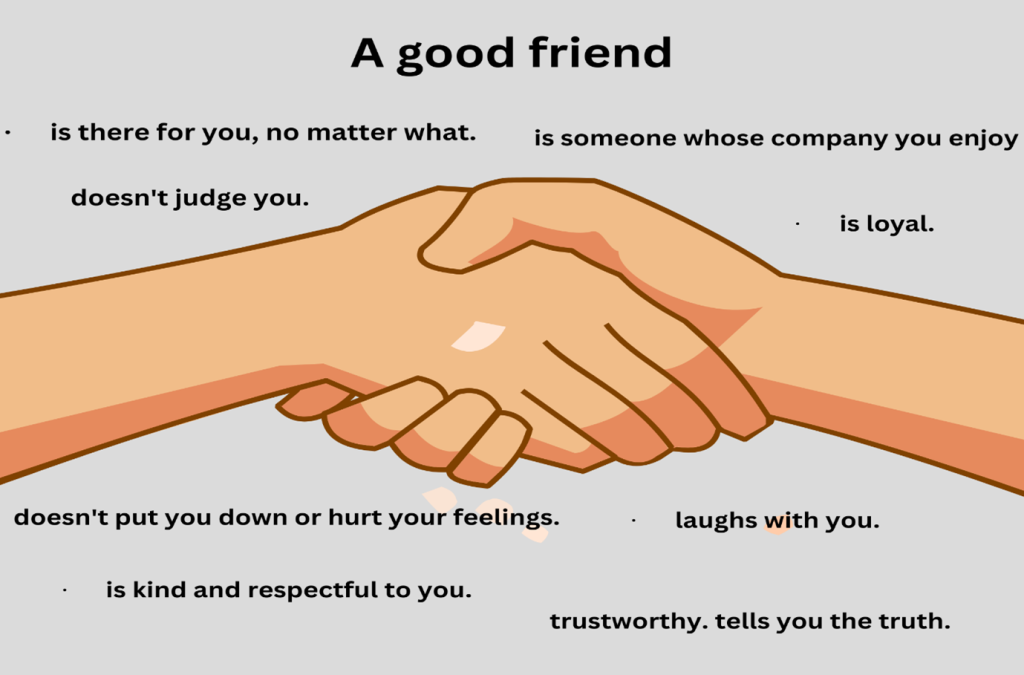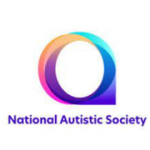It can take a great deal of time and effort for autistic people to develop the social skills needed to interact successfully with others, so it is helpful to start developing social ability early. Furthermore, bullying in school, not to mention at the workplace for some adults, can be a major problem for autistic people, and the development of friendships can be a way to avoid this and provide support and trust.
Personal friendships are often built on one or more shared interests. Personal friends share their thoughts and feelings as well as experiences. It’s important though to know who to share with and how much to share as it is not always appropriate to do this with everyone.
If someone makes you do something you don’t want to, makes you feel scared, intimidated or tries controlling you, it’s not acceptable and is never OK. This is not a good friend.

Making friends is much easier if you have interests or experiences that are similar to each other. It’s also important to be willing to share in friends interests that are different from your own. Many autistic people can have particularly strong interests in certain areas.
Unfortunately, it might be more difficult to find other people who share those interests. Clubs where people with similar special interest are likely to gather are excellent places to find like minded friends.
It is important to self-advocate, to let others know what makes you happy or uncomfortable. Good friends are willing to respect these differences if they know about them. If you struggle with verbal communication, you can carry a card in your wallet or purse that explains what you need and share it with others as you choose.
Miscommunication can make it harder for autistic people to make and keep friends and this can sometimes lead to social isolation. This can be for a number of reasons:
- You may feel like non-autistic people don’t want to interact with you are unfriendly. You may struggle to read their social cues or maintain small talk.
- You may prefer to be on your own and enjoy your own company
- You may have experienced a negative social interaction or bullying and therefore want to avoid repeating this
- You may struggle with sensory overload and the opportunities to meet friends makes this more challenging for you if you then experience sensory overload
Getting social experience and discussing social rules are good ways to practice and be clearer about some of the social cues and expectations, making socialising easier and more rewarding.




